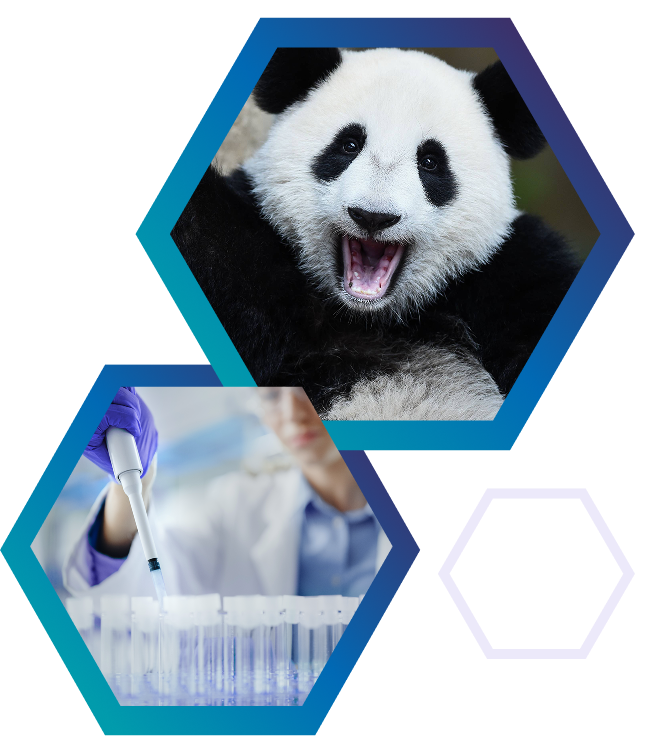Cortisol ELISA Kit
Personal Touch
Here to Help.
Ready to Ship
Most kits in stock.
Easy to Use
Simple protocols.
- Catalog Number K003-H
- Assay Type Competitive ELISA
- Sample Types Serum, Plasma, Saliva, Urine, Tissue Culture, Respiratory Vapor, Hair, Fecal Extracts
- Sensitivity 36 pg/mL
- Species Cortisol is identical across species
- Assay Duration 1.5 Hours
- Samples/Plate 39 in Duplicate
- Readout Colorimetric, 450 nm
Assay Principle
The DetectX® Cortisol ELISA Kit accurately measures cortisol in various samples, including saliva, urine, serum, plasma, dried fecal extracts, and tissue culture media. This competitive ELISA is designed for efficiency with a total run time of 1.5 hours. For optimal results, adhere to the detailed instructions provided in the kit insert. The kit includes a cortisol standard to establish a precise standard curve.
Protocol Summary
- Introduce standards or diluted samples into the transparent microtiter plate coated with goat anti-mouse IgG antibody.
- Add cortisol peroxidase conjugate and cortisol monoclonal mouse antibody to initiate the immunological reaction.
- Incubate for 1 hour with shaking at room temperature. The signal varies inversely with cortisol concentration in the sample.
- After incubation, wash away excess cortisol-peroxidase and add the TMB substrate. This reacts with the bound cortisol-peroxidase conjugate.
- Measure the generated signal at 450nm using a plate reader to calculate cortisol concentrations based on the standard curve.
Performance Note
The DetectX® Cortisol ELISA Kit is one of the most sensitive assays available, providing results in just 90 minutes using a standard plate reader. It is compatible with a broad range of sample types and requires as little as 1μL of Serum or Plasma for the assay.
Background
Cortisol, primarily produced by the adrenal cortex, is a key glucocorticoid in the human body. It follows an ACTH-dependent circadian rhythm, peaking in the morning and decreasing throughout the day. While most circulating cortisol binds to proteins like corticosteroid-binding globulin and serum albumin, only free cortisol is bioactive.
Known as the “stress hormone,” cortisol regulates blood pressure, blood sugar levels, and the body’s response to stress. It has significant roles in anti-inflammatory responses, immunosuppression, and disease resistance. Cortisol stimulates gluconeogenesis, liver glycogen deposition, and reduces glucose utilization. Abnormal levels of cortisol are linked to various health conditions, including Prostate Cancer, Depression, Schizophrenia, Cushing’s Syndrome, and Addison’s Disease, making its accurate measurement crucial in both clinical and research settings.
The DetectX® Cortisol ELISA Kit provides a reliable, precise method for measuring cortisol levels, supporting research and diagnostics in areas related to stress physiology, endocrine function, and various health disorders.






